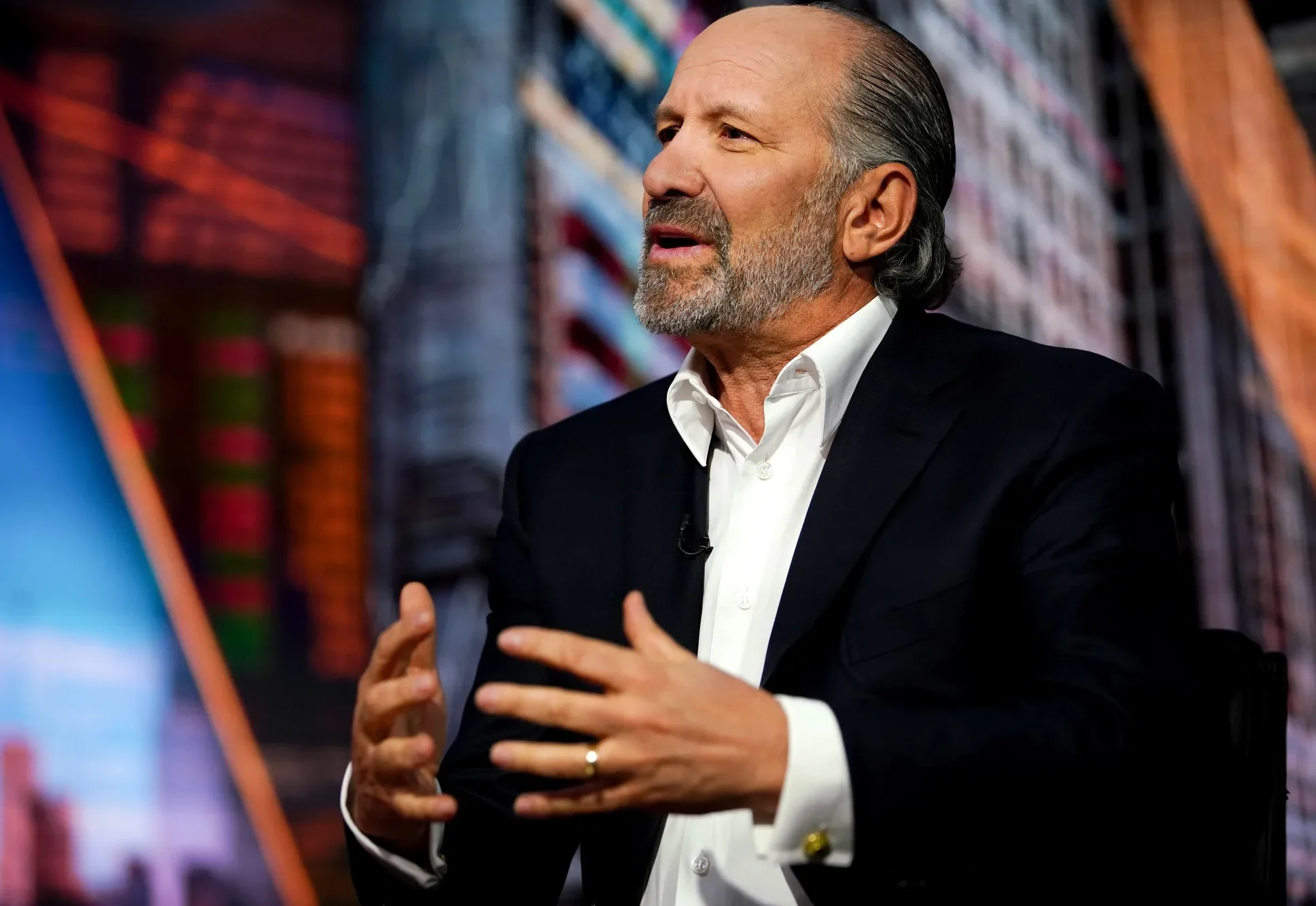Subtotal ₹0.00
President-elect Donald J. Trump has nominated Howard Lutnick, a seasoned businessman and the CEO of Cantor Fitzgerald, as the next Secretary of Commerce. For those of us in the trucking and logistics world, this choice is worth understanding. Let’s take a closer look at Lutnick’s background, his relationship with Trump, and how his leadership could influence not only the broader economy but also the over-the-road trucking community.
Who is Howard Lutnick?
Howard Lutnick isn’t just another executive. Born in 1961 in Jericho, New York, Lutnick’s story is one of resilience. Orphaned by the age of 18 after losing both parents to cancer, Lutnick worked his way through Haverford College, earning a degree in economics. Shortly after graduating, he joined Cantor Fitzgerald, a major financial services firm, and eventually became its CEO.
Lutnick’s leadership during and after the September 11 attacks—which tragically claimed the lives of 658 of his employees, including his brother—brought him both criticism and admiration. In response to the tragedy, he launched the Cantor Fitzgerald Relief Fund, providing millions in support to the victims’ families.
Under his guidance, Cantor Fitzgerald evolved into a leader in financial technology and innovation, emphasizing cutting-edge electronic trading systems.
Lutnick and Trump: A Strong Partnership
Lutnick has been a steadfast supporter of Trump, co-chairing his transition team and raising significant funds for his campaigns. His alignment with Trump’s policies, particularly on trade, economic growth, and deregulation, makes him a natural fit for this role.
However, it hasn’t been all smooth sailing. There have been internal concerns about potential conflicts of interest related to Lutnick’s dual roles in the transition team and his business ventures. Despite this, Lutnick’s support for Trump has been unwavering, and his nomination signals their shared vision for a stronger U.S. economy.
What Does the Secretary of Commerce Do?
The Secretary of Commerce oversees a wide range of responsibilities, including:
- Supporting economic growth and job creation.
- Promoting international trade and reducing trade barriers.
- Overseeing key agencies like the Census Bureau, Bureau of Economic Analysis, and the National Oceanic and Atmospheric Administration (NOAA).
- Encouraging innovation and entrepreneurship through technology and research programs.
For industries like trucking, this position holds particular importance. Policies affecting trade, infrastructure, and supply chains often originate from initiatives within the Commerce Department.
How Lutnick Could Impact Trucking and Logistics

- Boosting Trade and Freight Demand
- As a proponent of international trade, Lutnick’s leadership could lead to more imports and exports, increasing the volume of goods needing transportation. For truckers, this translates into more loads and higher demand for services.
- Infrastructure and Technology
- The trucking industry depends on reliable infrastructure. By advocating for smart investments in roads, bridges, and freight corridors, Lutnick could help reduce delays and inefficiencies.
- Lutnick’s tech-forward approach might encourage innovation in logistics technologies, such as advanced tracking systems or automated freight solutions.
- Supply Chain Improvements
- Policies that streamline supply chains could directly benefit over-the-road (OTR) truckers, cutting down inefficiencies and enhancing profitability.
- Economic Growth and Job Creation
- Lutnick’s focus on economic expansion aligns with Trump’s agenda of creating jobs and boosting small businesses, including the thousands of small carriers and owner-operators who form the backbone of the trucking industry.
What Challenges Could Arise?
While Lutnick’s financial acumen and support for innovation are clear strengths, some challenges remain:
- Technology Adoption: If the Commerce Department pushes for rapid adoption of new technologies like autonomous trucks, it could create challenges for small carriers to keep up.
- Regulatory Balance: Striking a balance between deregulation (which benefits businesses) and ensuring fair competition and worker protections will be critical.
What This Means for the Trucking Community
For the trucking industry, Lutnick’s nomination could mean opportunities for growth. A focus on trade and infrastructure could increase freight volumes and improve the roads truckers depend on. Additionally, his data-driven approach might lead to valuable insights for logistics planning.
However, as always, change brings uncertainty. The trucking community will need to stay informed about policy shifts, new technologies, and economic trends under Lutnick’s leadership.
In Conclusion
Howard Lutnick’s nomination as Secretary of Commerce is a significant moment, not just for the U.S. economy but also for industries like trucking that rely on strong economic policies and infrastructure. His experience, combined with his partnership with Trump, suggests a focus on trade, technology, and growth.
For those in the trucking world, staying tuned to Lutnick’s initiatives will be key to navigating the opportunities and challenges ahead. Together, these changes could shape a more competitive and prosperous future for all players in the logistics and freight transportation industries.


